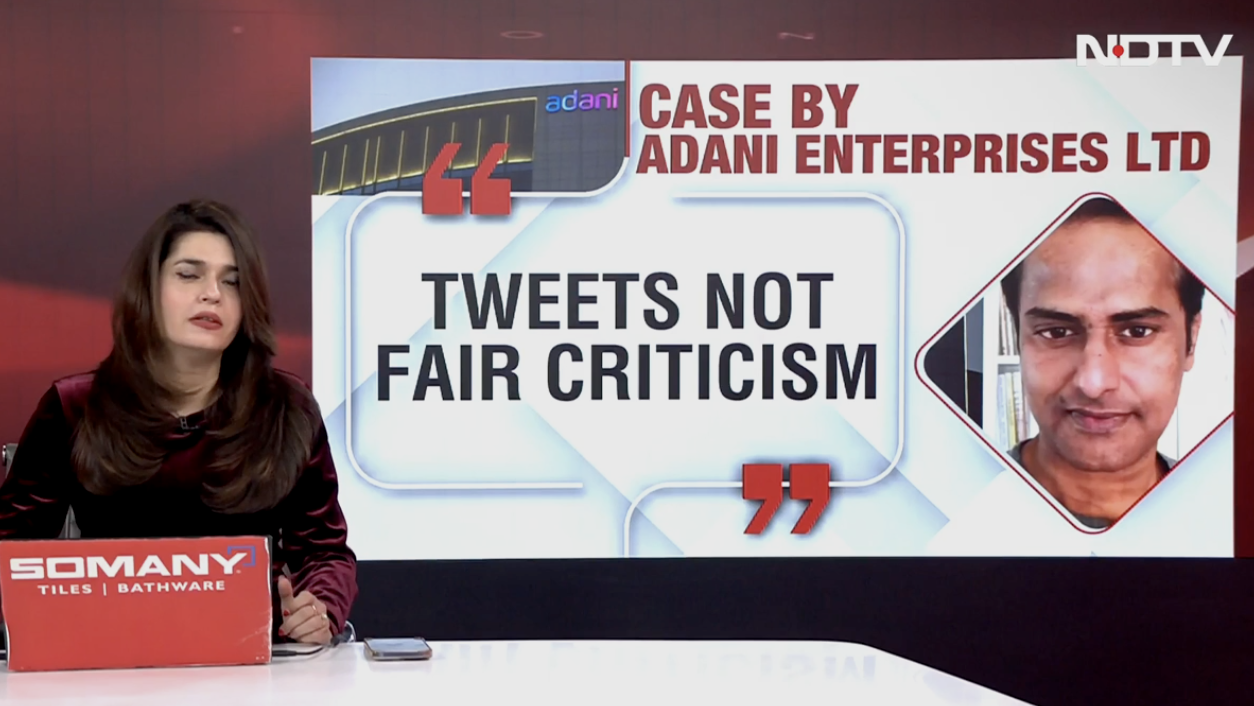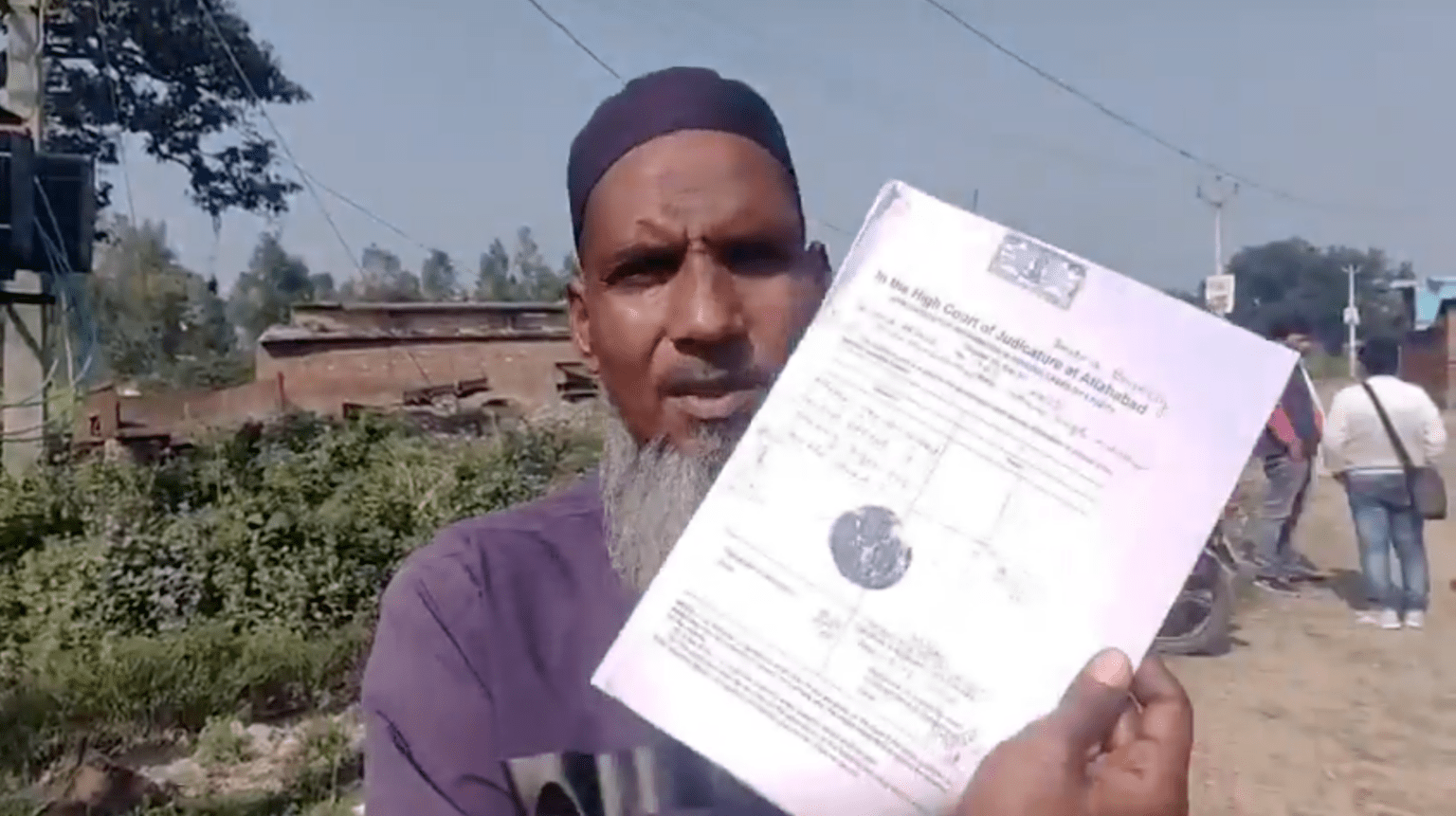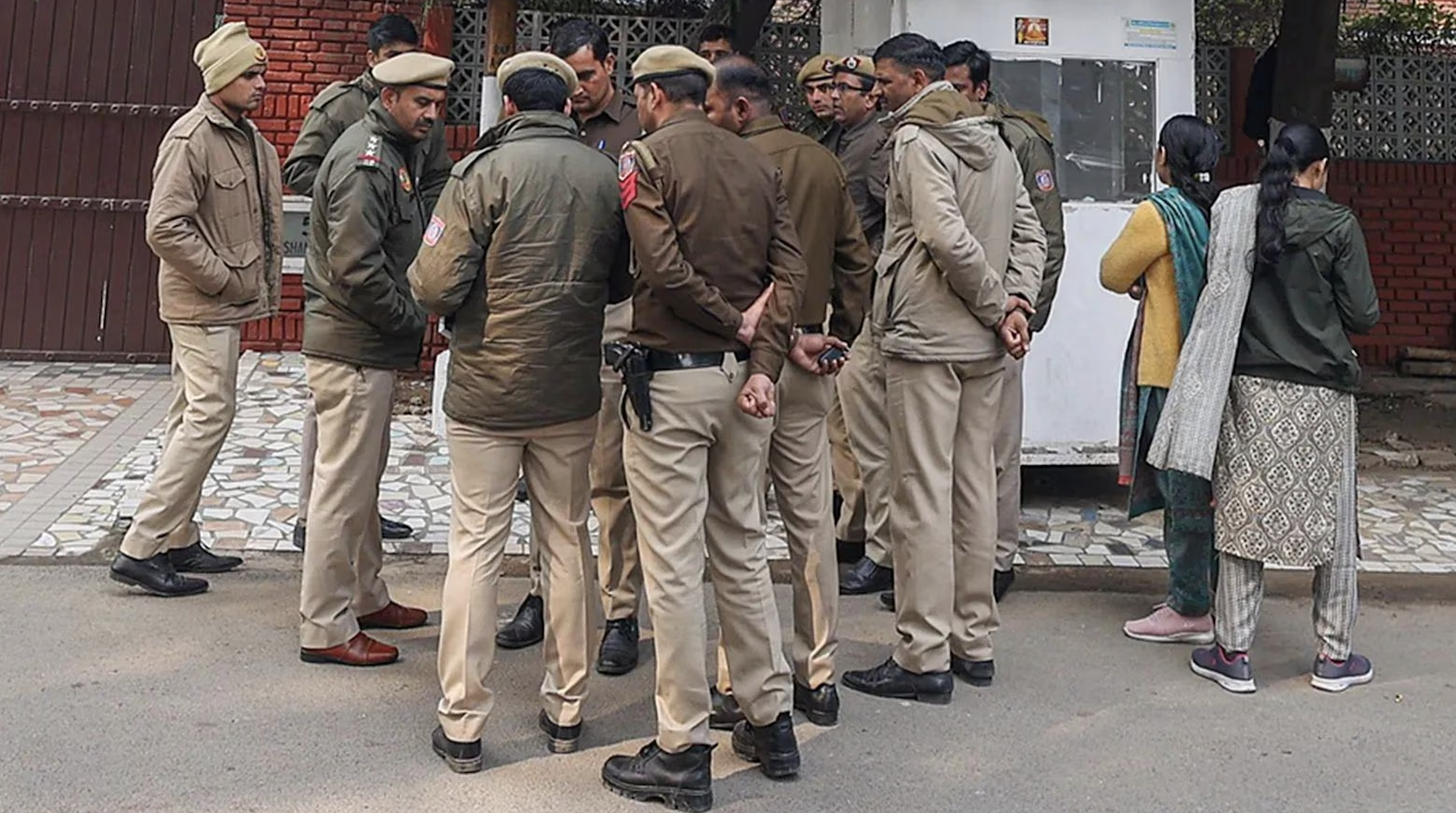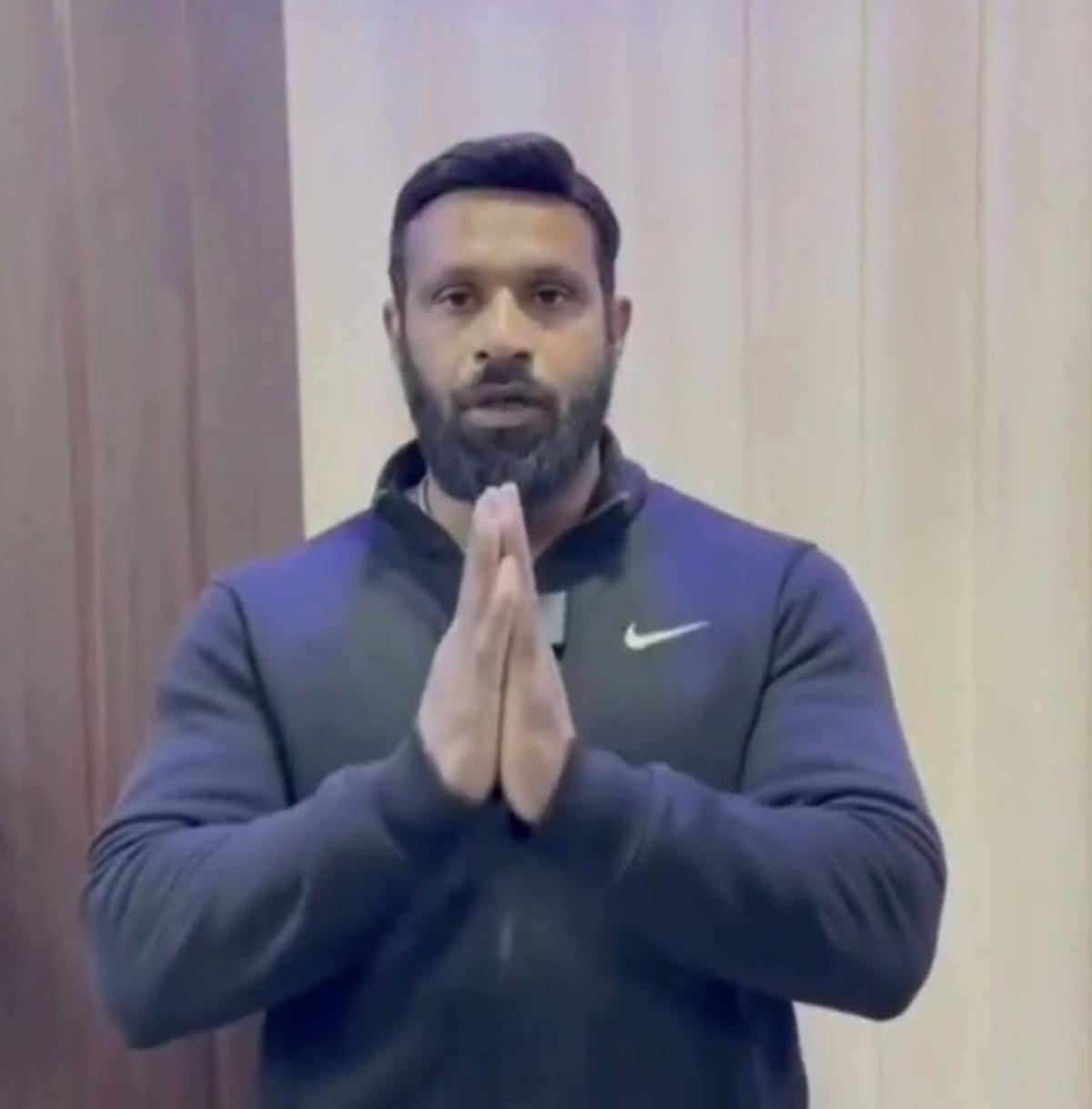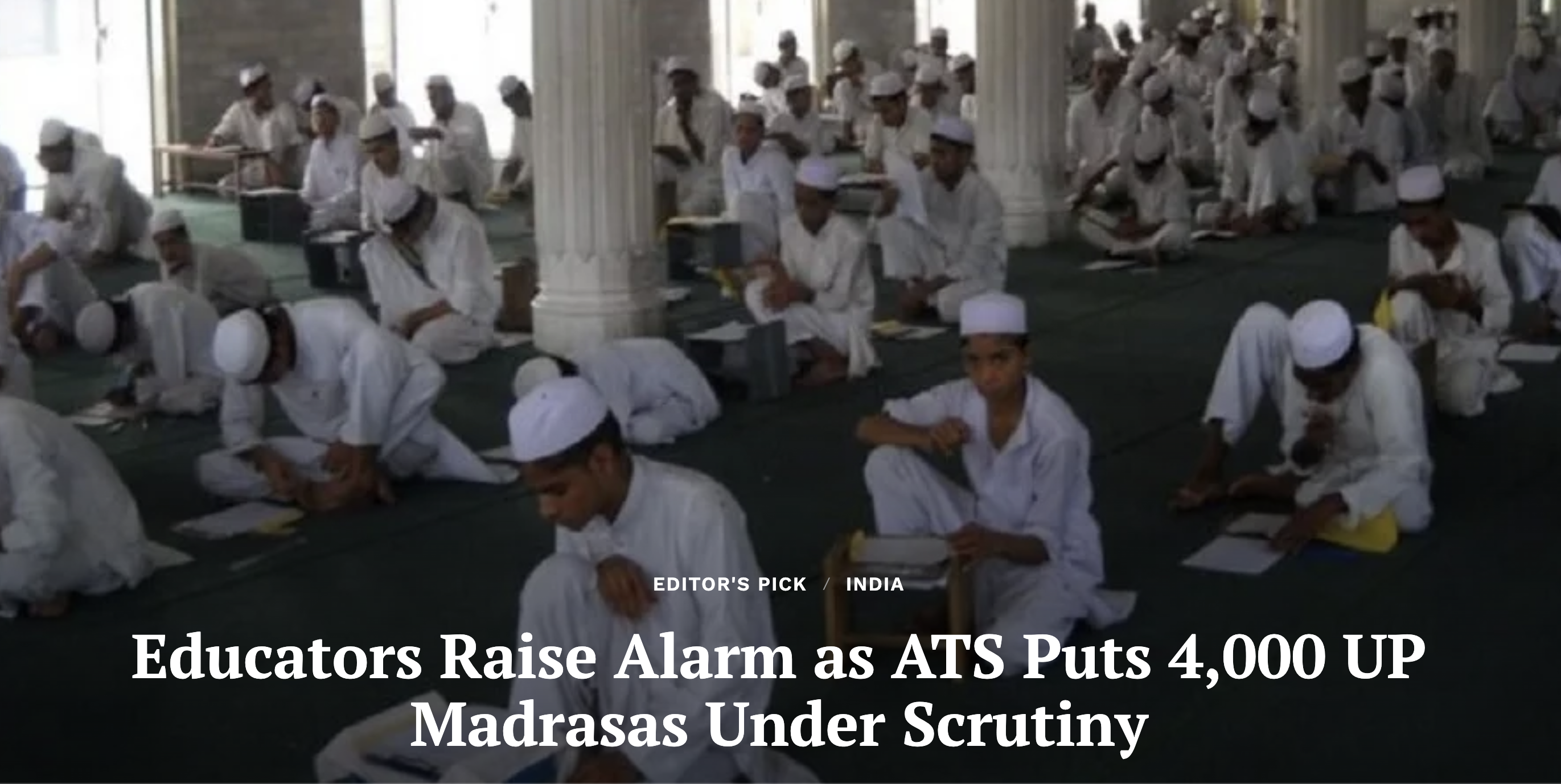Greater internet penetration and the rise of “cheapfakes” since the last general election in 2019 pose new challenges
As India kicks off the world’s biggest election, which starts on April 19 and runs through June 1, the electoral landscape is overshadowed by misinformation.
The country — which has more than 830 million internet users and is home to the largest user base for social media platforms like Facebook and Instagram — is already at the highest risk of misinformation and disinformation, according to the World Economic Forum. AI has complicated the situation further, including deepfakes created with generative AI.
Misinformation is not just a problem for election fairness — it can have deadly effects, including violence on the ground and increase hatred for minorities.
Pratik Sinha, the co-founder of the Indian non-profit fact-checking website Alt News, says there’s been an increase in the deliberate creation of misinformation to polarize society. “Ever since social media has been thriving, there is a new trend where you use misinformation to target communities,” he said.
The country’s vast diversity in language and culture also make it particularly hard for fact-checkers to review and filter out misleading content.
This story was originally published in techcrunch.com. Read the full story here.


